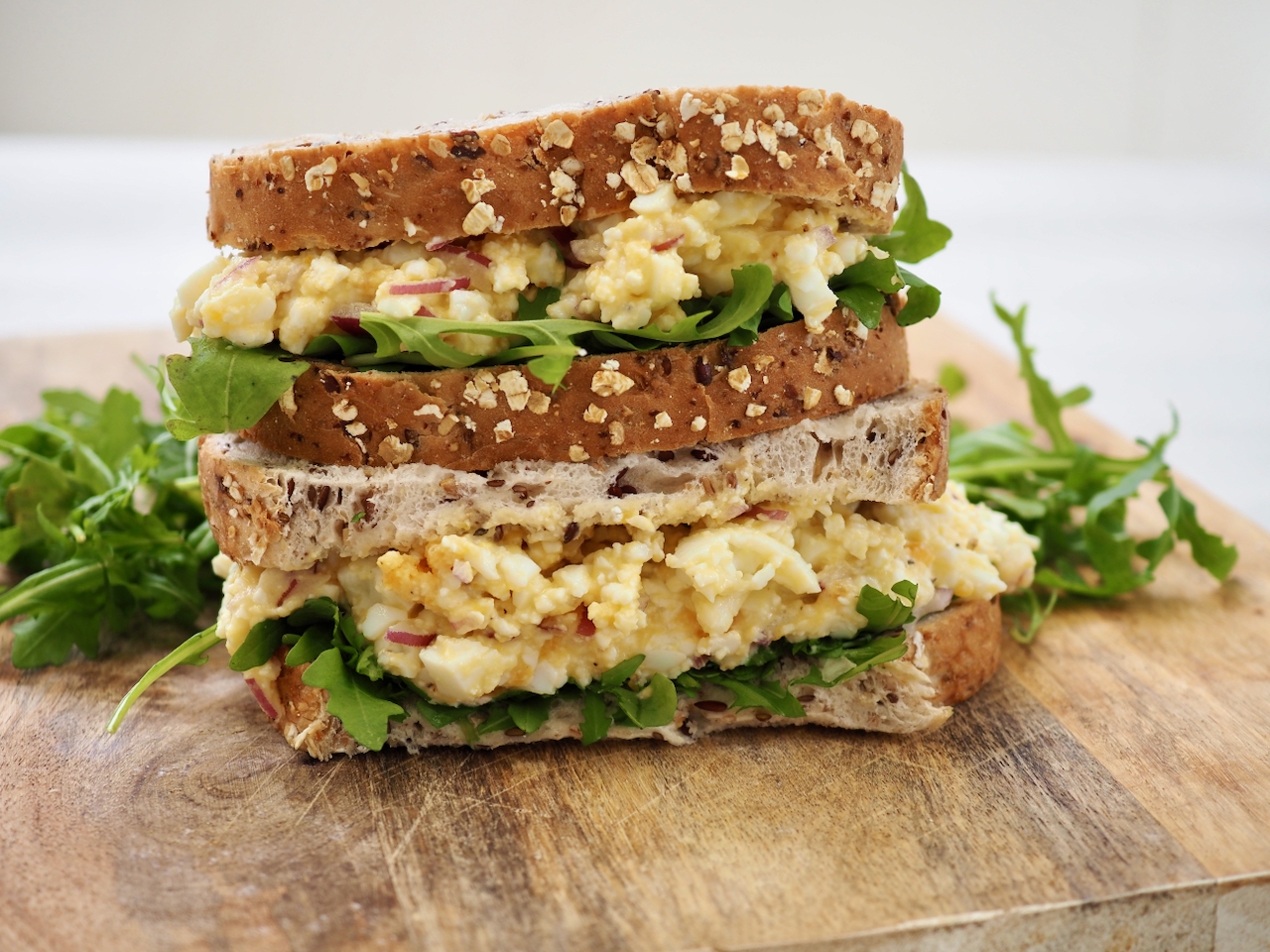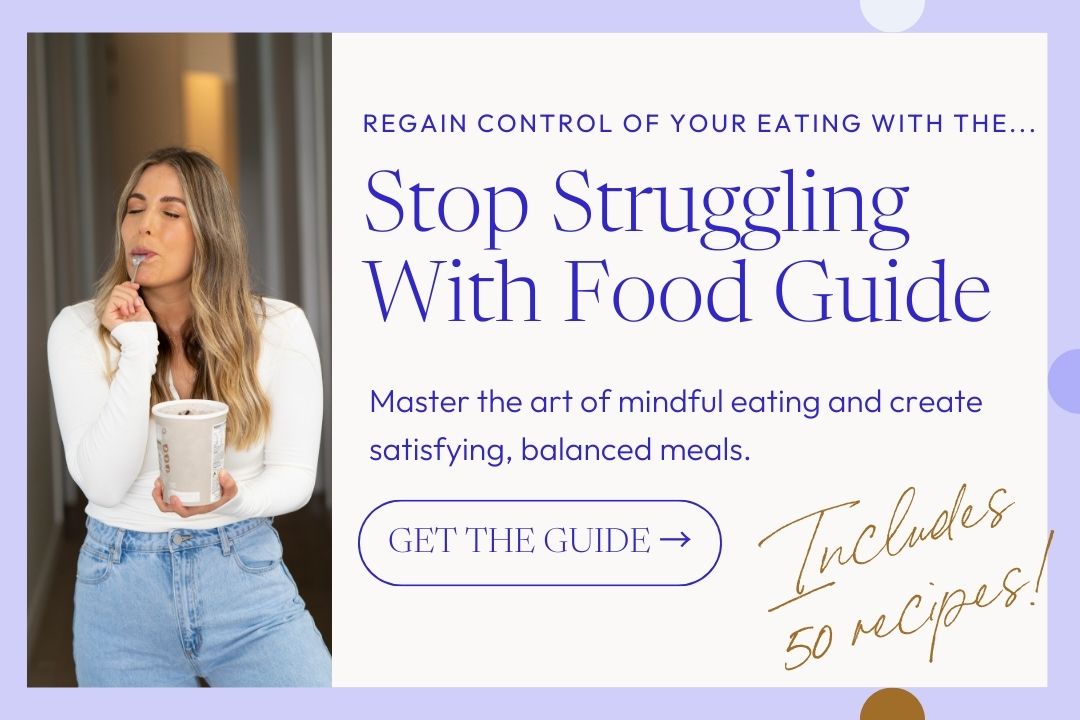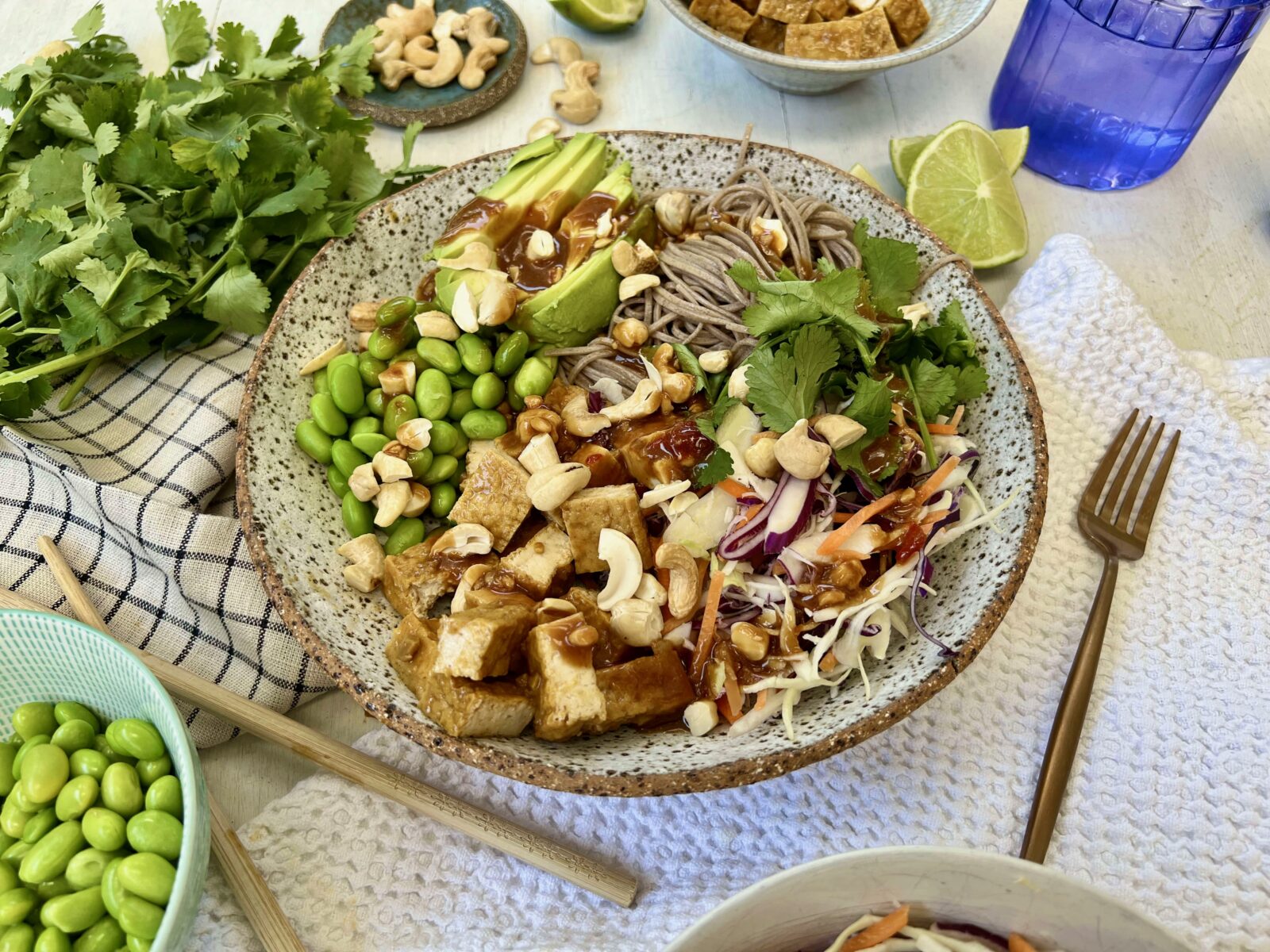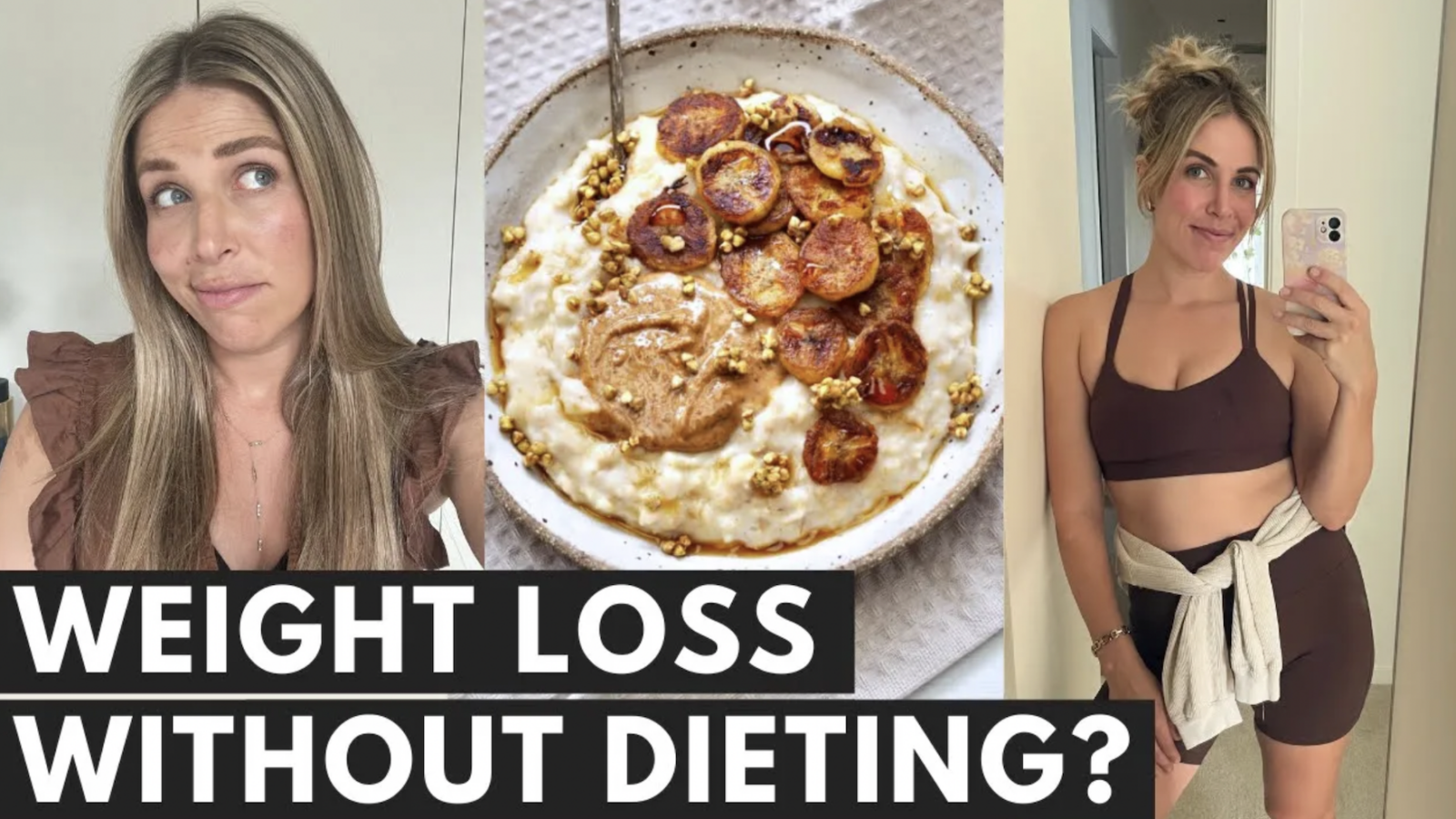Navigating the world of nutrition can feel like a maze. Should we steer clear of carbs, ditch eggs in fear of cholesterol, or jump on the vegan or Keto bandwagon for optimal health?
Dr. Jo is here to clear up nutrition confusion by debunking some common myths.
Want to know more about Dr Jo?
Dr Joanna McMillian has written eight books and is a PhD qualified nutrition scientist, as well as an Accredited Practising Dietitian, Adjunct Senior Research Fellow with La Trobe University, guest lecturer at The University of Sydney and a Fellow of the Australasian Society of Lifestyle Medicine.
Myth #1: Eggs are bad for cholesterol
Our body naturally produces cholesterol for cell health, and studies show dietary cholesterol has very little impact on blood cholesterol levels or an increased cardiovascular disease risk.
Despite past beliefs associating dietary cholesterol with heart health concerns, eggs have almost zero impact on cholesterol levels. And according to the Heart Foundation, most healthy people can eat eggs as part of a heart-healthy diet. This doesn’t come as a surprise given eggs are packed with 11 vitamins and nutrients, including antioxidants like lutein and zeaxanthin- particularly good for your eyes as you get older.
But please don’t only eat boring egg-white omelettes. The yolk contains the most nutrients. It’s also packed with choline – a B vitamin vital for brain development in pregnancy and childhood.

Myth #2: Veganism is the healthiest diet
Thinking about going vegan or fully plant-based for better health?
Many Australians don’t eat enough plant foods. But this isn’t to say going fully plant-based is the solution. There’s a big difference between following a vegan diet, which may include packaged foods that aren’t necessarily healthy, and eating more plant-based foods, which are packed with fibre, antioxidants, vitamins and minerals.
Eating vegan makes it harder to get all the important nutrients, like vitamin B12 and omega-3 fats that are mostly found in animal foods. Not to mention dairy products are packed with calcium and may lower the risk of heart disease. And from an environmental perspective, switching to plants won’t fix issues like soil erosion or deforestation. Regenerative farming, on the other hand, offers a more balanced approach.
If we all focused on eating more whole plant foods and balanced our animal food intake, it would be great for our health – and the planet.

Myth #3: We should follow a low-fat diet plan
Let’s set the record straight on low-fat diets. Back in the ’90s, cutting out fat was all the rage for health. But luckily for us (and thanks to science) times have changed.
While low-fat diets still have their place, especially for individuals with heart disease, it’s essential to understand the role fat plays in our overall health. Fat isn’t the enemy. It’s crucial for brain function, nutrient absorption and appetite control. Not to mention fats make food (especially veggies) taste so much better.
But it’s not just any fat that matters. It’s about choosing the right fats. Good fats. Like those found in olive oil, avocado, nuts, and seeds – packed with antioxidants our bodies need. So please, don’t fall into the trap of thinking that low-fat means healthy. Our bodies require a balance of ALL nutrients (including fats) for optimal health.
Myth #4: Coconut oil is the healthiest oil to cook with
While coconut oil is safe, its smoke point isn’t the best indicator of being the healthiest choice. Research shows that among unsaturated fats, extra virgin olive oil takes the crown. And by a long shot.
Why? For starters, extra virgin olive oil is loaded with over 34 different plant chemicals, like polyphenols and squalene, great for our skin. It’s rich in heart-healthy monounsaturated fats. Plus, it has science backing its benefits of lowering blood pressure, LDL cholesterol levels (the type of cholesterol we want to keep down) and assisting with weight management. Coconut oil on the other hand is high in saturated fats and can raise LDL cholesterol levels.
Sure, coconut oil can be great for a Thai curry. But for everyday cooking, extra virgin olive oil should be the top pick.
Myth #5: You need to buy protein powder
Protein powders seem to have a cult following these days, but are they really worth the hype? Well, for most us, they’re not necessary. If you’re regularly going to the gym, a quick shake might seem convenient. But if you’ve got a meal waiting at home, why not opt for real food?
When it comes to nutrition, protein powders simply can’t match the variety of nutrients found in whole foods. We’re talking about all that good stuff like fibre, vitamins, minerals and antioxidants. So instead of chugging down shakes, consider spreading your protein intake throughout the day with a balanced diet.
And let’s not forget the not-so-fun side effect: protein powders can cause some seriously stinky gas. A glass of milk might save you from the smelly aftermath and provide you with unprocessed protein.
If that doesn’t make you wonder if it’s worth it, consider this: Studies show high-protein diets may shorten lifespan in the long run. So, if you want to live longer, it might be wise to reconsider your protein obsession.

Myth #6: Low-carb diets are the best for weight loss
We’ve gone from fearing fat to fearing carbs. But here’s the thing: carbohydrates are not a food group, they’re an essential nutrient we need.
Fibre is a carb, and it’s super important for our gut health. We now know that a well-fed gut is vital for physical and mental well-being. And fibre plays a big role here. If you’re on a low-carb diet, like Keto, you’re missing out on this. And you’re more likely to feel tired and miserable because we need carbs for energy. Not to mention they’re delicious!
In saying this, not all carbs are the same. Bagels and donuts aren’t the same as oats or whole-grain bread, but we treat them all as “carbs”. So instead of eliminating all carbs- focus on crowding in more of the healthy stuff like; wholegrain bread, rice, quinoa, oats and buckwheat.
Ultimately, it comes down to this question: If you can’t sustain it long-term, what’s the point?
